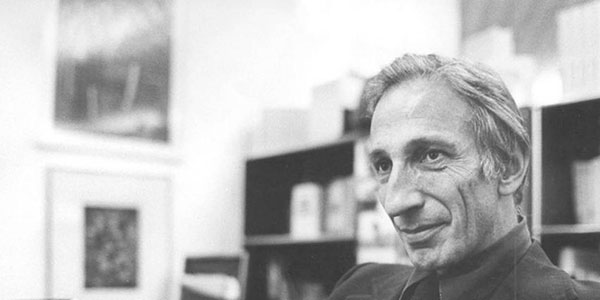Corruptio Optimi Pessima: A Dialogue with David Cayley on Ivan Illich

On June 17, 2021, the PICT Student Ambassador Program (SAP) staged a live online discussion with writer and broadcaster David Cayley on the life and work of philosopher Ivan Illich (1926-2002).
By way of introducing Cayley, PICT core faculty member Kristof K.P. Vanhoutte, who has interviewed Cayley for PICT Voices and Bookaholics, stated that his work is inextricably linked with that of Ivan Illich, including scholarly engagement with the philosopher’s work and a groundbreaking intellectual biography published in 2021. Cayley, who joined the discussion from his Toronto home, began with a story of his first meeting with Illich at a “teach-in” in 1970s Canada, which marked the beginning of their intellectual friendship. In the course of the event, PICT Student Ambassadors from all over the world (USA, Canada, North Africa, India, France, and Switzerland), had the chance to engage Cayley with questions about Illich’s work.
Why Illich now? What are the ideas in the philosopher’s work that speak to our current pandemic zeitgeist? Two focal points of the discussion were Illich’s notion of “deschooling” and his 1975 work Medical Nemesis, which respectively offer a critique of the bureaucratization and institutionalization of society, and of the medical eclipse of mortality. Regarding the notion of “deschooling,” the group spoke of the “alphabetization” of reality: we have plenty of “facts” at our disposal, yet these do not enable us to think critically. To deschool means to think differently, or anew. (As Hegel once said, philosophy says “so much for the facts!”) Looking at the pandemic through Illich’s eyes, the group also discussed how human mortality and the event of death have come to be regarded as a “failure” of science rather than a fact of our (human) finitude, and how the pandemic zeitgeist has highlighted this tendency.
Throughout the event, the emphasis was on a proactive engagement with current issues rather than a resignation to the status quo. Illich, despite his dictum corruptio optimi pessima (the corruption of the best is the worst), casts his net “north of the future,” as the poet Paul Celan once put it.
We would like to thank David Cayley, SAP co-director Emily Laurent-Monaghan, PICT core faculty member Kristof K.P. Vanhoutte, and all participating Student Ambassadors for contributing to this memorable event!



Responses